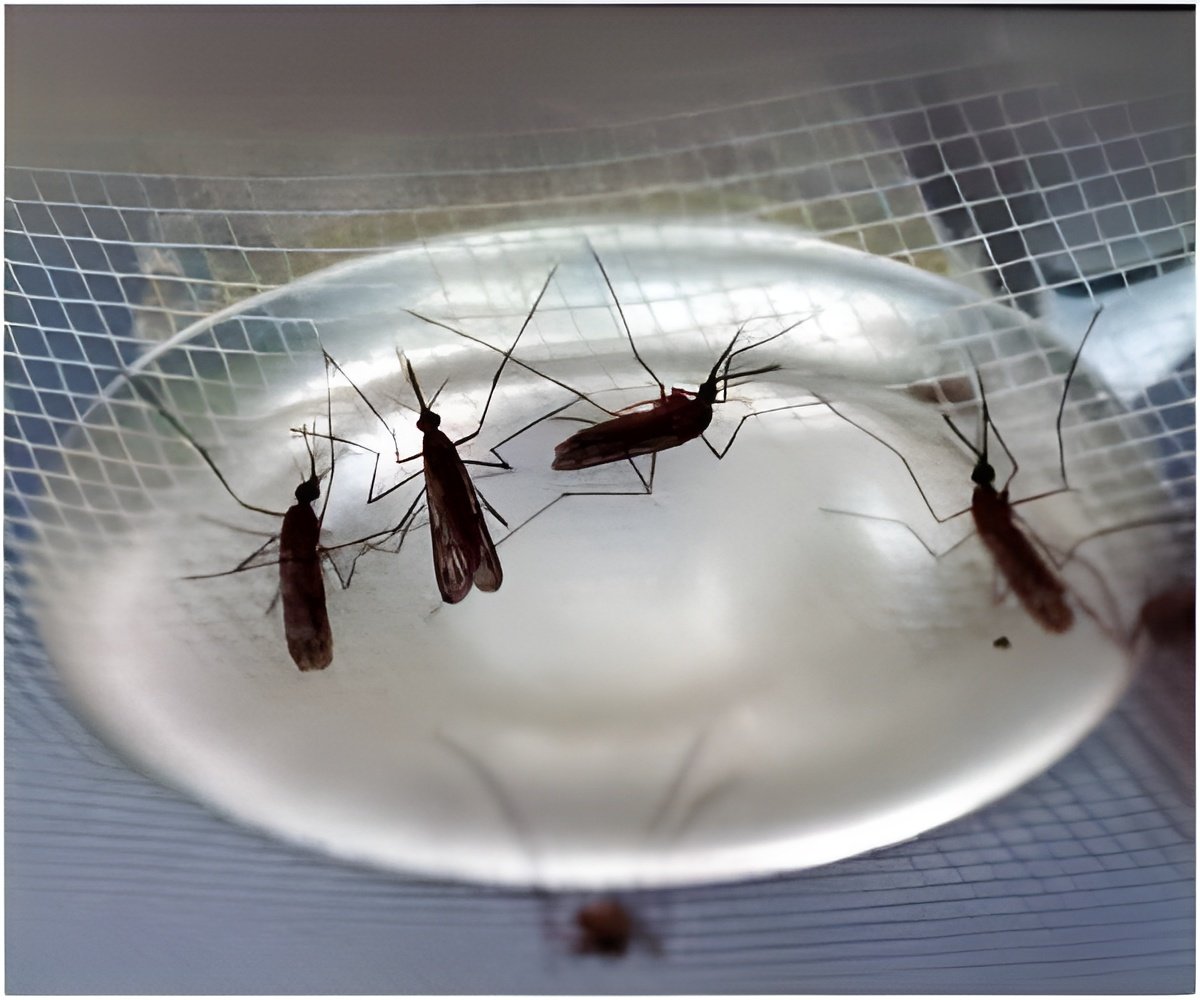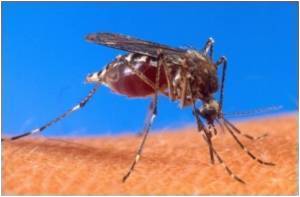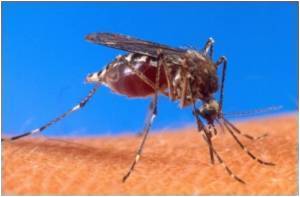
The international team was led by Sarah Tishkoff, a Penn Integrates Knowledge professor with appointments in the genetics department in Penn's Perelman School of Medicine and the biology department of biology in the School of Arts and Sciences, and Wen-Ya Ko, a postdoctoral fellow in the genetics department at the medical school.
"When you try to identify the variants that are associated with disease susceptibility, it's important to do a very fine scale study. Different populations evolve independently, to a certain degree, so different populations can come up with unique mutations," Ko said.
The life cycle of malaria depends on infecting red blood cells by binding to their surfaces, which is why mutations, such as sickle cell anaemia, that change the overall shape of those cells are thought to have experienced positive selection.
"Both host and the parasite try to fight back with mutations; it's a co-evolution arms-race that leaves a signature of selection on the genes," Ko explained.
"We've identified several single-nucleotide polymorphisms that are candidates for that signature," Ko said.
Advertisement
These proteins exist on the surface of red blood cells, and changes to their shape affect the ability of the parasite causing malaria to bind to them and to infect the cells.
Advertisement
They noted an excess of genetic variation being maintained in the region of glycophorin A that plays a critical role of entry of the malaria parasite into the blood cell.
"This signature of selection was strongest in populations that have the highest exposure to malaria," Tishkoff said.
But a process known as "gene conversion," in which similar genes can acquire mutations from one another during cell division, complicates tracking the exact history of the mutation's spread.
That aspect of gene conversion may be a key to helping humans in the genetic arms race against malaria.
"The parasite's genome is very highly mutable, and its generation time is short, as compared to humans, so having more mutations more quickly is helpful in keeping up," Ko said.
"This is one tool in the arms race. It may not win the war, but it's another way to increase variation," Ko added.
Their research has been published online June 2 in the journal American Journal of Human Genetics.
Source-ANI











